- For Enquiry- 0120-2350053 || +91 9650608473 || +91 9650795306
- enquiry@netsolwater.com
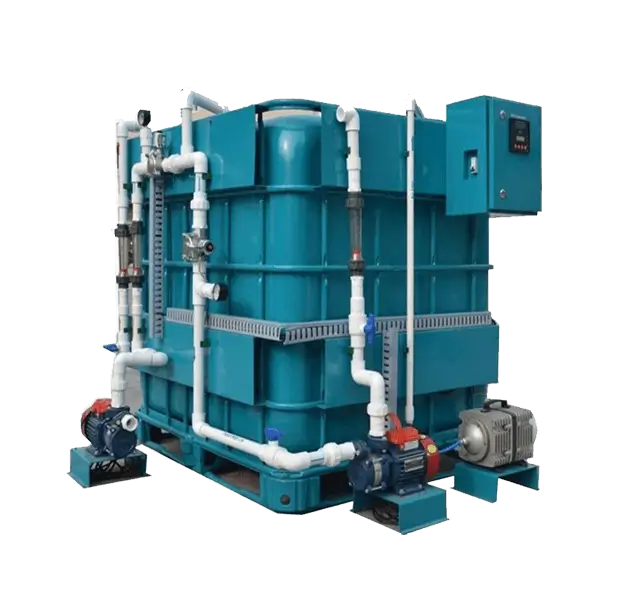
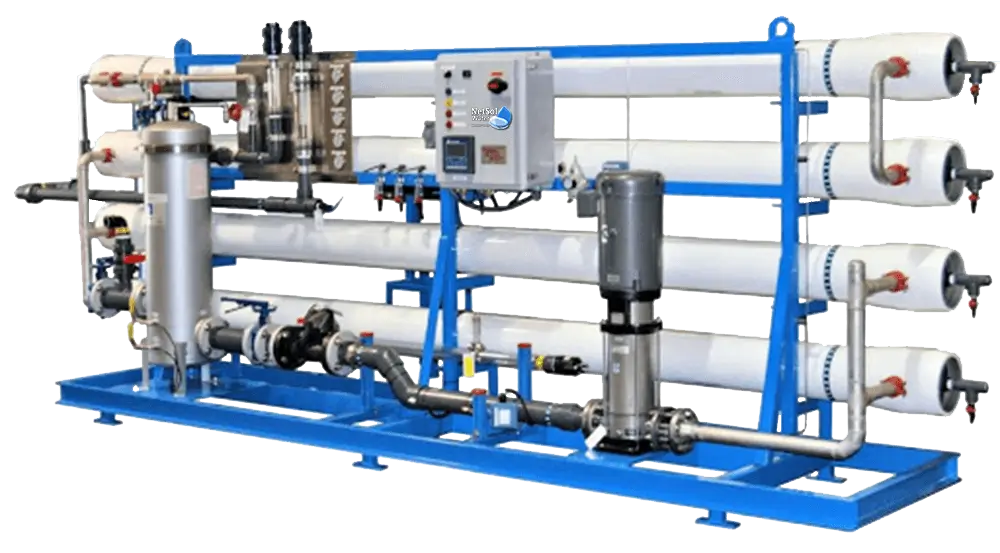
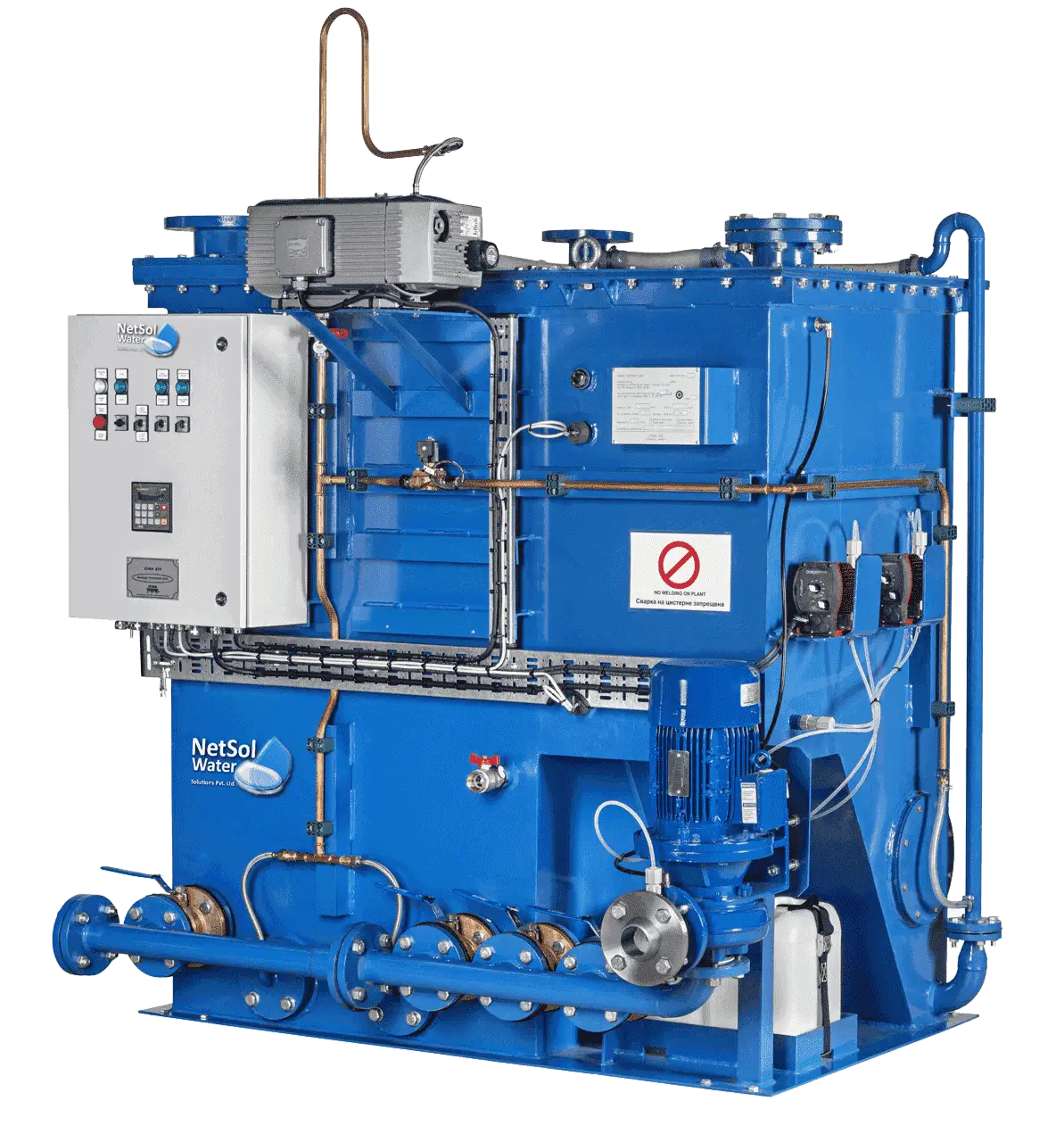
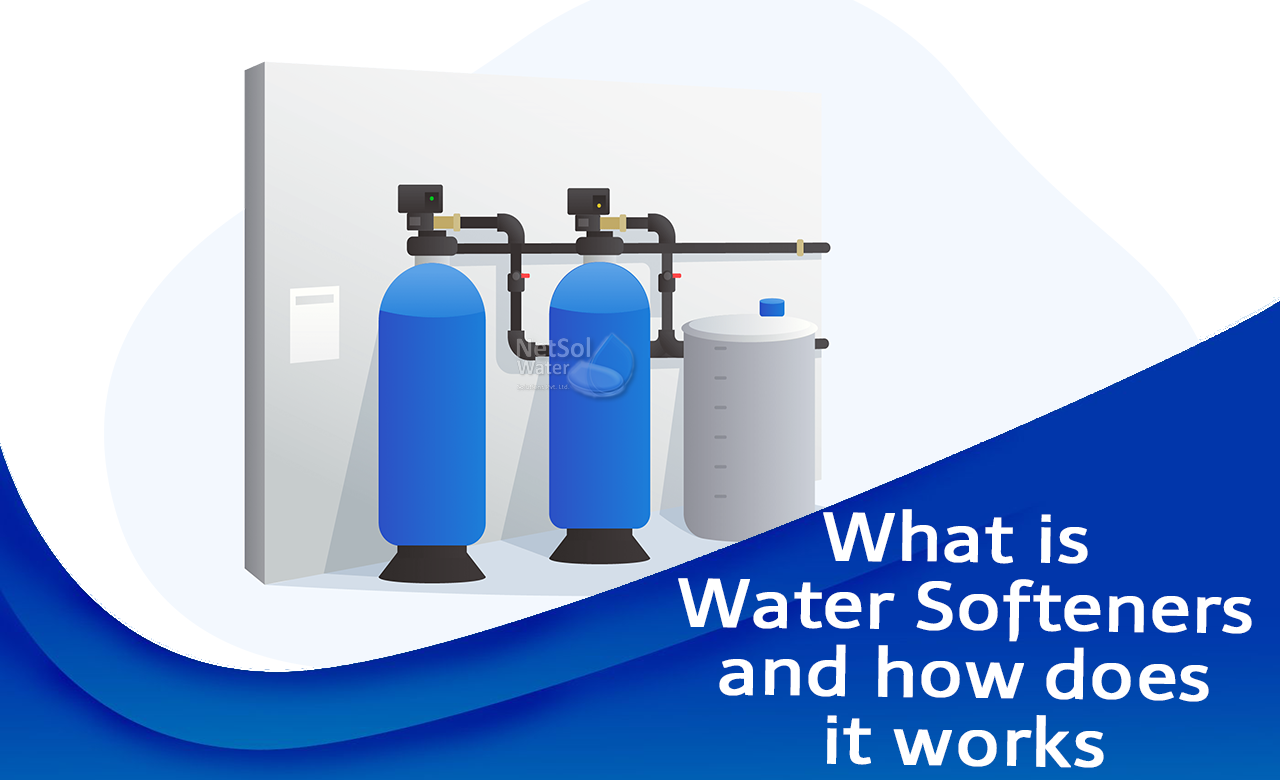
Many times, you might have come across the terms ‘hard water’ and ‘soft water'. Have you ever wondered what hard water and soft water is? Don’t worry; today, we are here to inform you about the whole concept that revolves around turning hard water into soft water with the help of a water softener. So, let’s get started.
Hard water is water that contains high amounts of concentration of minerals such as calcium and magnesium. These minerals have such a chemical structure that they get bonded quickly with other types of metals. These bonds then are easily visible on the showers of your homes as the crusty residue, soap scum built in the sinks or basins, stiffed clothes after washing etc.
Hard water may promote clogging and accumulate the deposits, which may lead to the corrosion of pipes. Due to the presence of hardened minerals like magnesium and calcium, hard water derived its name. It is essential to treat hard water due to the unwanted problems it can cause, like clogging of pipes, the short lifespan of dishwashers and washing machines etc. Every appliance requires the usage of soft water for its better longevity and lifespan.
Soft water is water that does not contain magnesium and calcium it. It is the highly recommended water as it does not promote harmful effects in the surroundings. The water we get at homes is usually is soft water. This is because of a water softener installed in the plumbing system.
It is often thought that soft water is the purified one. But wait, this is not true. Distilled water is soft water, but soft water is not always purified. Water softener only removes hard minerals such as magnesium and calcium and replaces them with sodium ions. It does not treat the water impurities and the dissolved particles. The RO water purification system treats those.
Now, let’s understand what is a water softener and how does it work?
A water softener is a filter designed to remove the high concentration of minerals like magnesium and calcium to remove the stiffness in the water. When the water flows from the water softener, the filters present in the water softener separates the hard minerals, and the softened water then flows out from the water softener to flow through the plumbing.
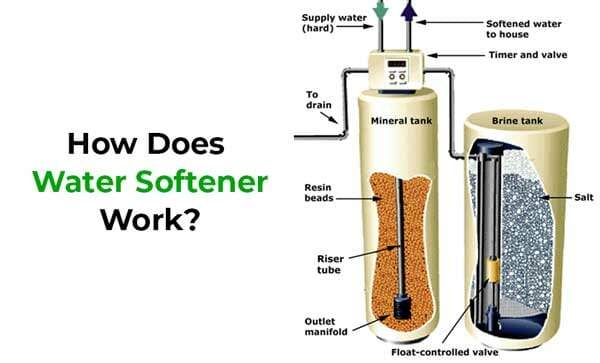
Water softening works on the principle of the ion-exchanging system. Let us understand it by an example. You might have heard the working of magnets, right? Positive to positive repel each other while positive to negative attract each other. Similarly, softeners are also like attractions. We all know that hard water contains hard minerals like calcium and magnesium. These minerals have a positive charge on them.
Whenever the water passes through the softener, the filters have filled in themselves the negatively charges in the resin beads. This causes the hard minerals to get stuck to the surface of the resin beads from where it is drained out with the salty rinse water. The water softened flows out of it where it is further treated with sodium ions. So, this is how the water softening process works based on the ion-exchanging principle.
If you have any doubts, please feel free to reach us. We can be reached at 9650608473, or feel free to leave your query at enquiry@netsolwater.com.
Netsol Water Solution is a Greater Noida, Uttar Pradesh, India based manufacturer, seller, and supplier of waste and wastewater treatment plant. With the latest and leading technology, we are the leader Commercial RO Plant Manufacturer, Industrial RO Manufacturer, Sewage Treatment Plant Manufacturer, Effluent Treatment Plant.
Services & Locations:

